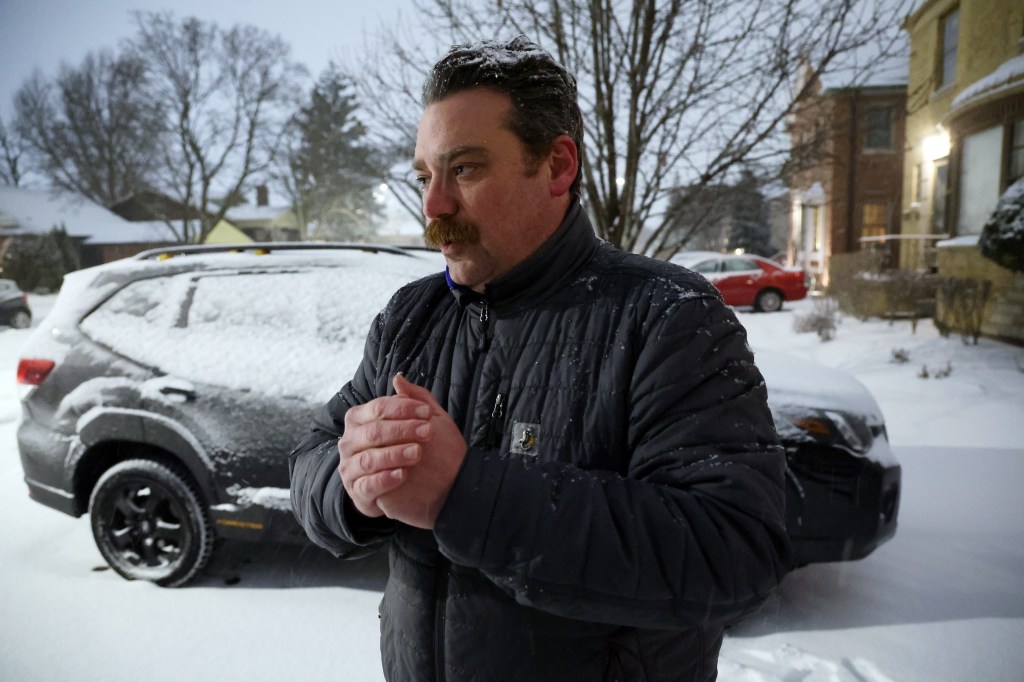In the high-profile trial of former House Speaker Michael Madigan, the jury faced significant challenges, ultimately reaching a deadlock of 11-1 on several key counts after 11 days of deliberation. Jurors expressed frustrations over perceived government overreach, with some believing the prosecution had overextended its case against Madigan, once the most powerful politician in Illinois, who was accused of bribery and other corruption charges.
Foreman Tim Nessner emphasized the jury’s thorough and methodical approach, reviewing each of the 23 charges against Madigan. Despite moments of heated discussion, the jurors maintained civility and focused on the evidence and judicial instructions. Testimonies, including Madigan’s own defense, raised doubts among the jurors, particularly regarding his relationship with co-defendant Michael McClain and their connections to former Alderman Daniel Solis, who provided key evidence but was distrusted due to his own criminal background.
Ultimately, the jury found Madigan guilty on most counts related to the Solis appointments, while remaining deadlocked on conspiracy charges against both Madigan and McClain. The case highlighted systemic issues in Illinois politics, prompting jurors to reflect on the influence and corruption inherent in political environments. After the trial, jurors realized the broader implications of their verdicts and the number of individuals involved in the corruption investigation tied to Madigan, fostering a newfound awareness of state politics and the need for accountability.
Source link


